Invest in Kuwait
Kuwait Vision
“Kuwait Vision 2035” Aims To Make Kuwait A Financial And Trade Hub, With The Private Sector Leading The Economy, Underpinned By Strong Governance, Values, And Infrastructure For Balanced And Competitive Growth.Vision 2035 Key Pillars:
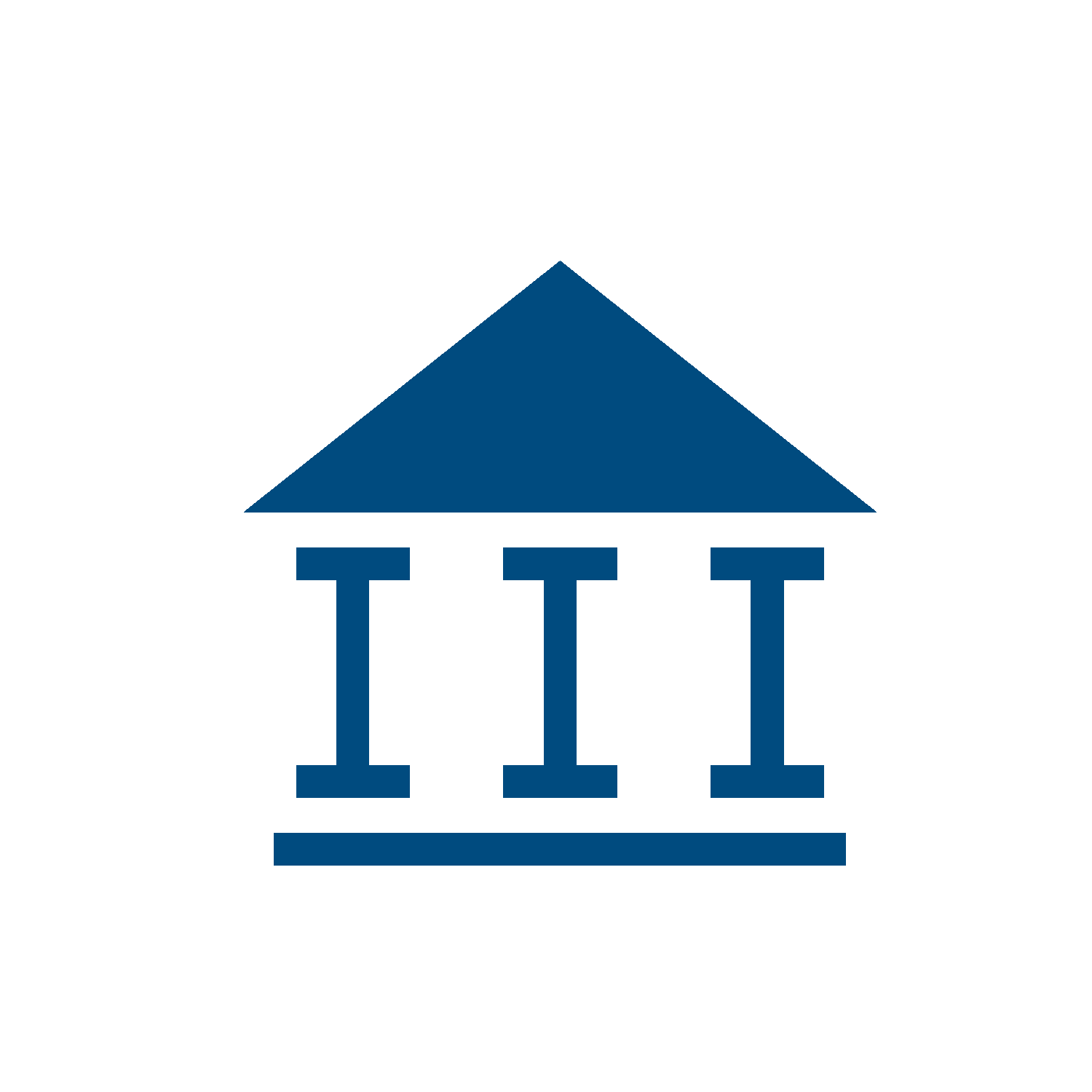 Efficient Government Administration
Efficient Government Administration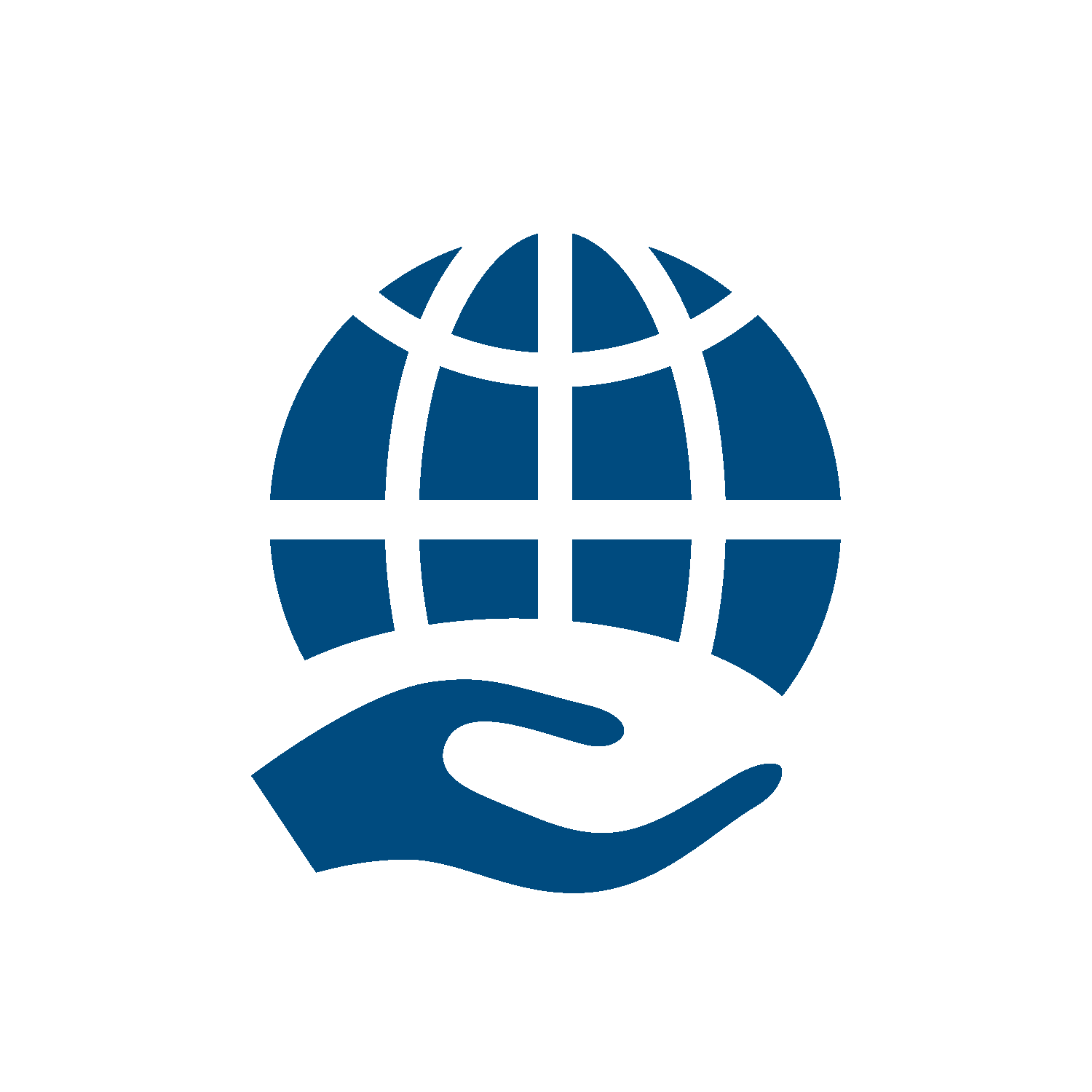 Diverse & Sustainable Economy
Diverse & Sustainable Economy Quality Infrastructure
Quality Infrastructure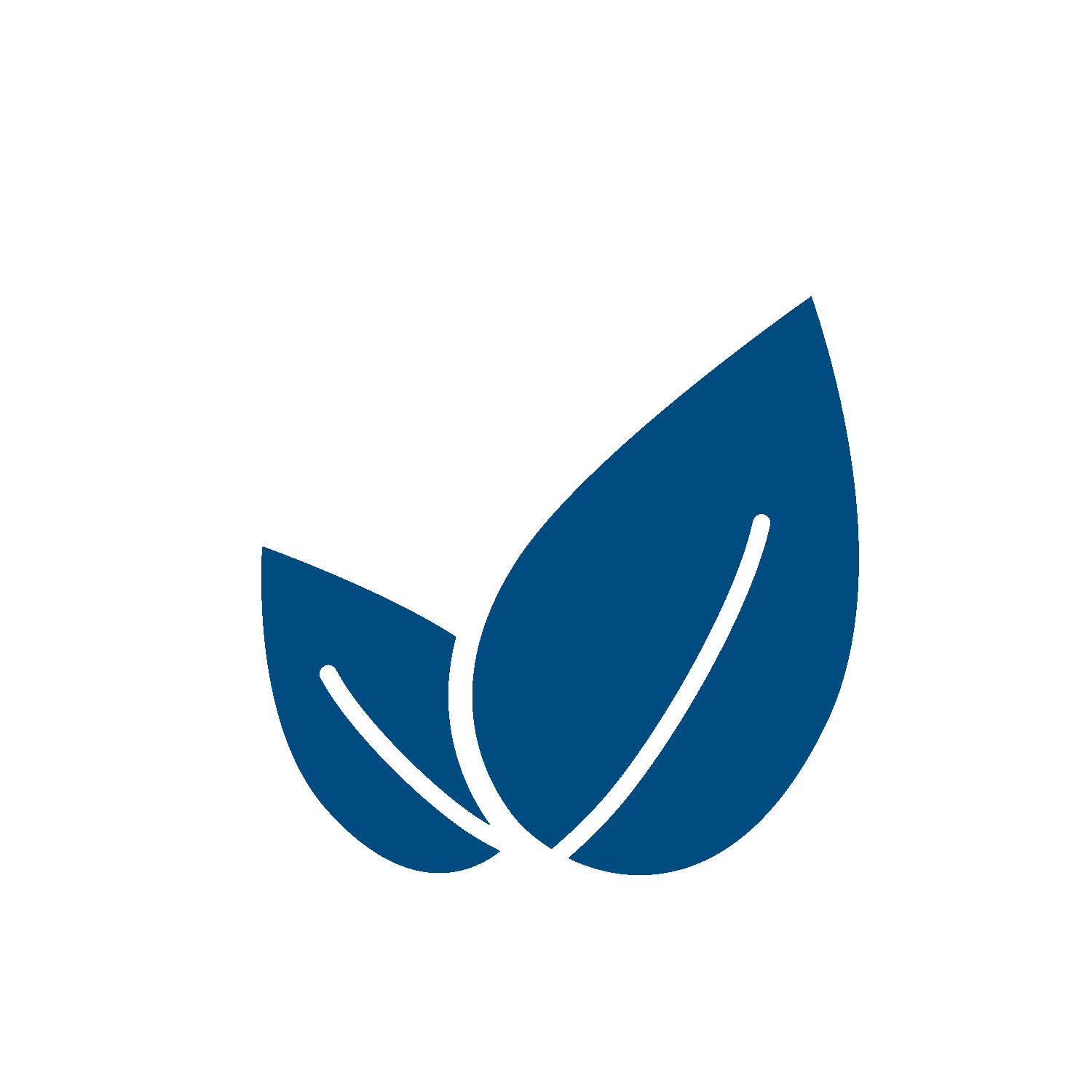 Sustainable Living Environment
Sustainable Living Environment High Quality Healthcare
High Quality Healthcare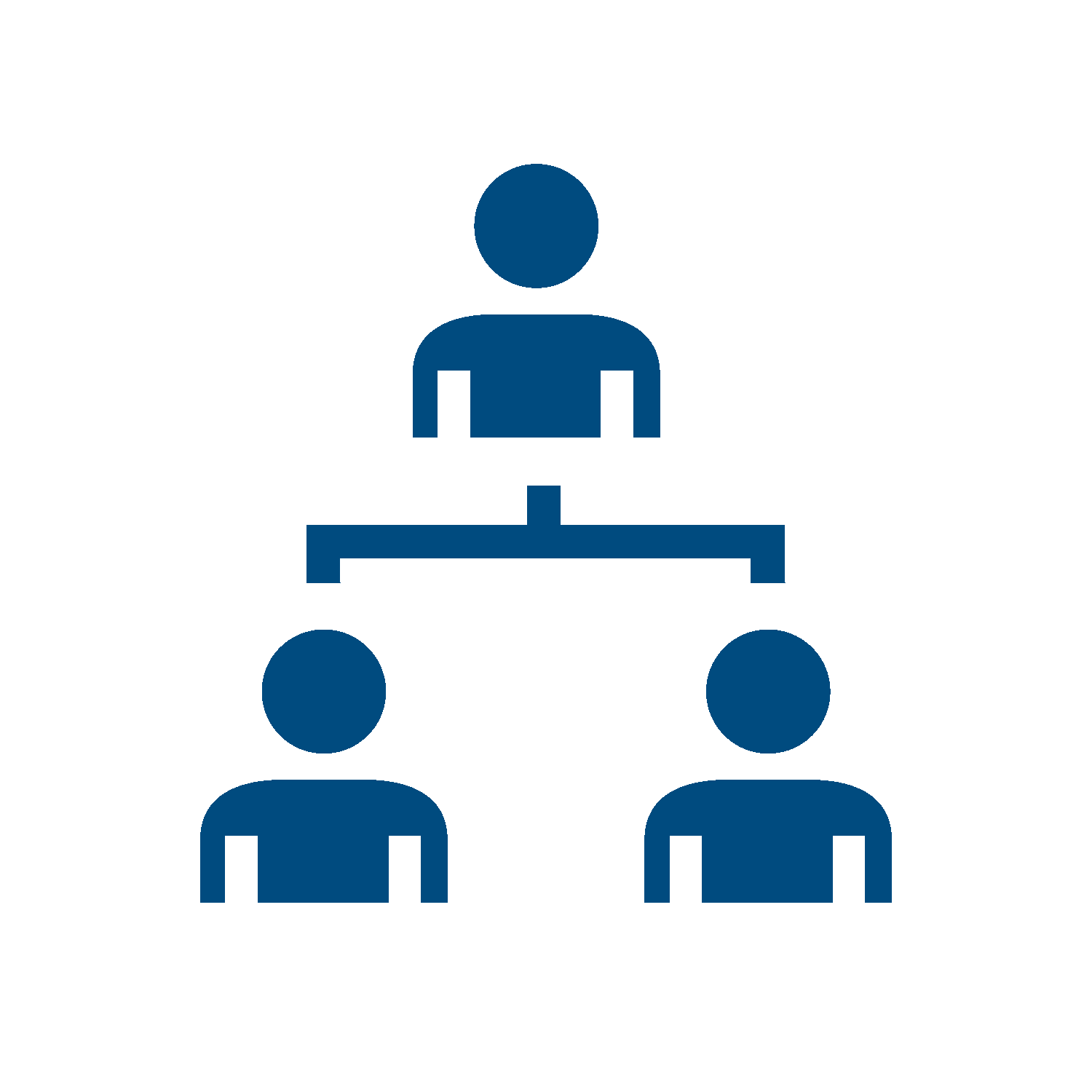 Creative Human Capital
Creative Human Capital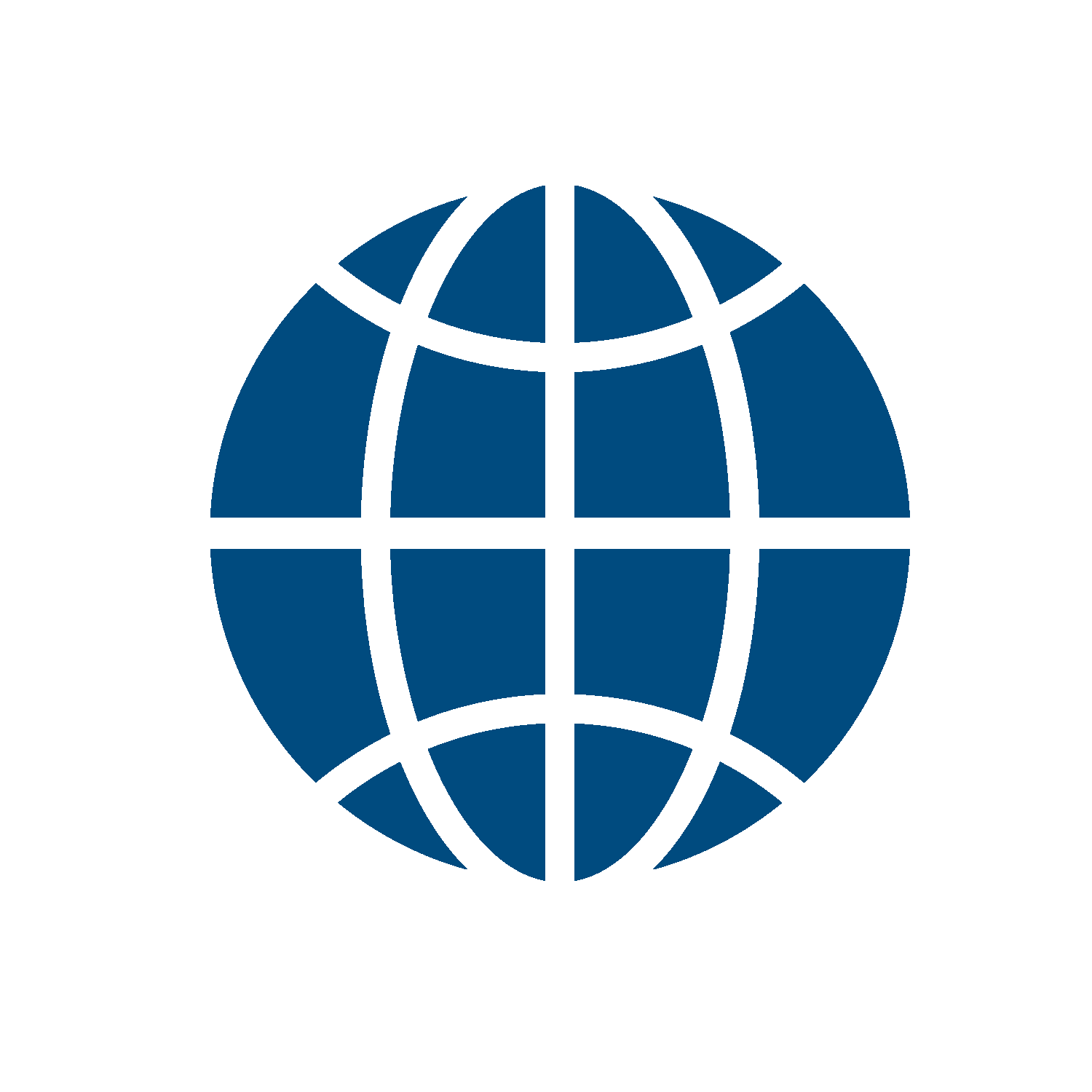 Distinguished International Status
Distinguished International Status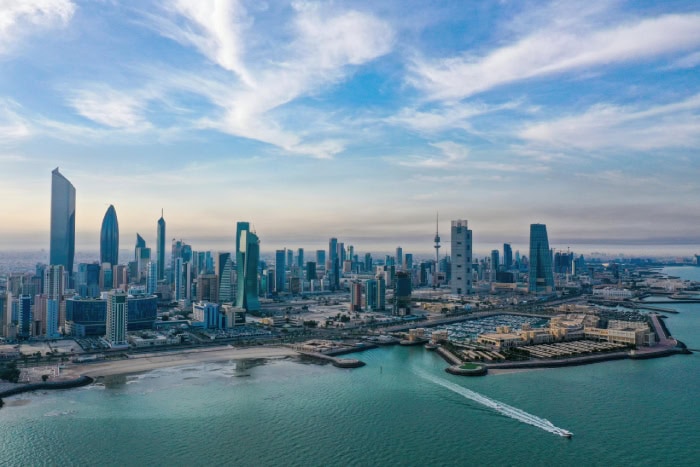



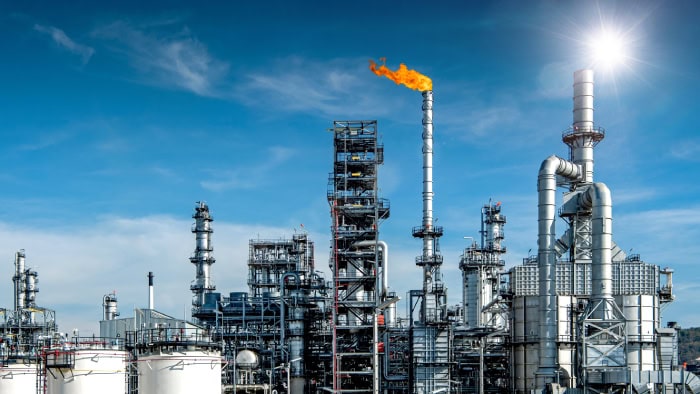
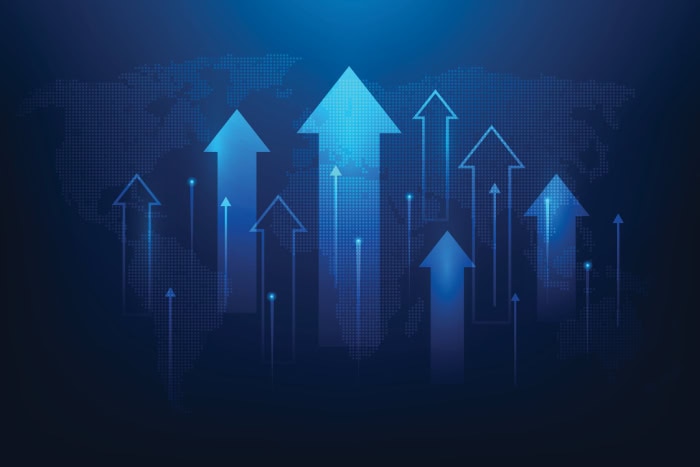



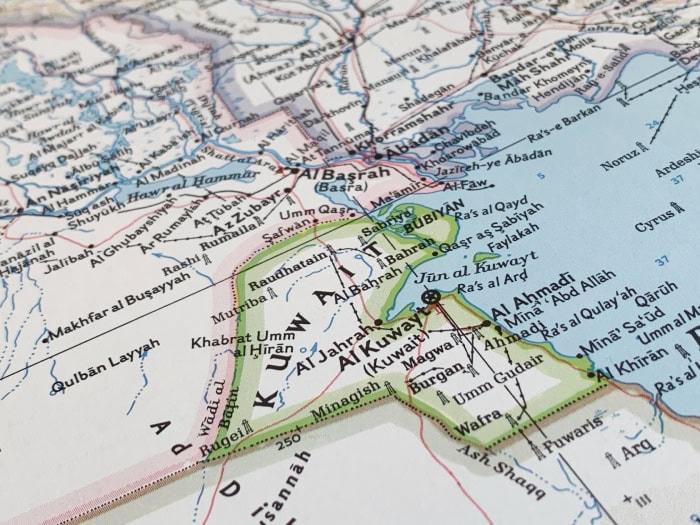


Kuwait Unique Attributes
Financing Mega Investment Opportunities
Low Corporate Tax Rate
Investment Grade Sovereign Rating
Young & Highly Educated Technology Savvy National Talent Pool
Rich In Oil & Gas Resources: Adequate Physical & Digital Infrastructure
Strong Macroeconomic Performance Stability
Competitive Factor Costs
Sound Banking System
High Income Per Capita
Strategic Location
Transparent Legal System
Strong Purchasing Power
Strategic Direct Investment Goals
Targeting value-added FDI to achieve objectives and contribute to strategic development goals, economic diversification and promoting the leading role of the private sector in the economy.Key FDI objectives aims to
 Transforming & settling of technology and know-how
Transforming & settling of technology and know-how Creating Jobs For Nationals
Creating Jobs For Nationals Providing Quality Training For Nationals
Providing Quality Training For Nationals Supporting Local Suppliers & Producers (Local Content)
Supporting Local Suppliers & Producers (Local Content)